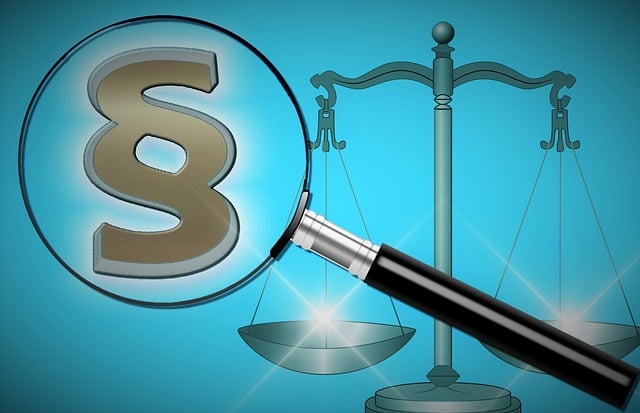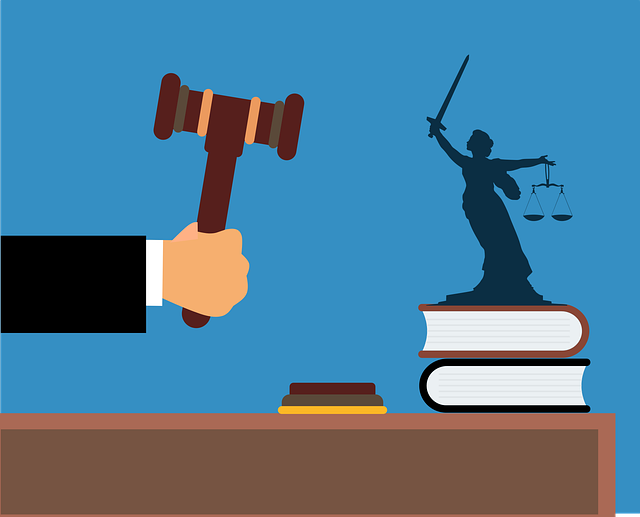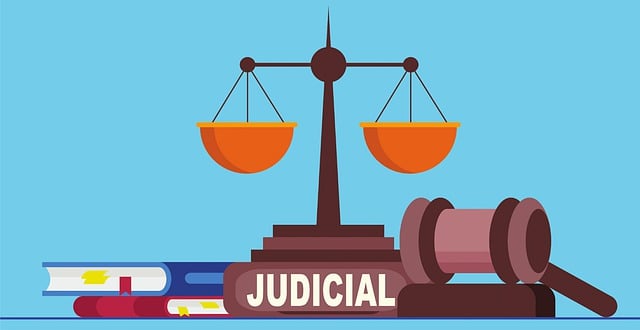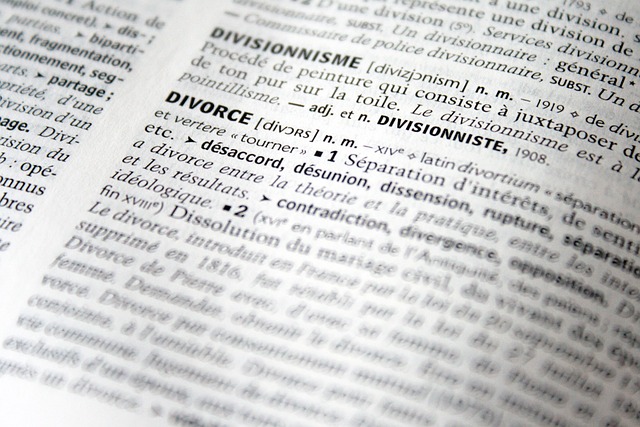Grief often leads to legal action for compensation in cases of wrongful death, where individuals seek justice for losses due to someone else's negligence or intentional harm. Wrongful death claims hold accountable parties and provide support for affected families. Courts consider incident circumstances, severity of harm, and relationships between parties to assess compensation, which can include medical expenses, lost earnings, and non-economic damages like pain and suffering. This process applies to various scenarios, from defective products to auto accidents or slip and fall injuries resulting in fatalities, with "wrongful death pain and suffering" playing a critical role in ensuring justice for profound losses experienced by loved ones.
Grief is a powerful force, and its impact can often lead individuals to seek legal compensation for the unexpected loss of a loved one. Understanding how grief translates into legal amounts is crucial in navigating wrongful death claims. This article delves into the intricate process behind determining damages, focusing on pain and suffering. We explore the legal framework, key factors like negligence and causation, and the evaluation of non-economic losses. Additionally, we uncover influencing factors such as expert testimony, future expenses, and mitigating circumstances, providing insights that shed light on the complex relationship between grief and legal compensation in wrongful death cases.
- Understanding the Legal Framework for Wrongful Death Claims
- – Definition of wrongful death and its legal implications
- – Key factors considered in determining liability
Understanding the Legal Framework for Wrongful Death Claims

Grief often translates into legal action when individuals seek compensation for losses stemming from someone else’s negligence or intentional harm. Understanding the legal framework behind wrongful death claims is crucial in navigating this complex process. These cases revolve around holding accountable parties responsible for their actions, providing a form of justice for the affected families and ensuring they receive fair reimbursement for their losses.
In many jurisdictions, wrongful death laws enable survivors to claim damages for factors like medical expenses related to the deceased’s final illness, lost earnings that the deceased would have contributed, and non-economic damages such as pain and suffering. When assessing compensation for a wrongful death, courts consider various factors specific to each case, including but not limited to the circumstances surrounding the incident, the severity of harm caused, and the relationships between the parties involved. This may also extend to cases involving defective products, auto accidents, or slip and fall injuries, where negligence leads to fatal outcomes.
– Definition of wrongful death and its legal implications

When a person’s death is caused by another party’s negligent or intentional actions, it’s known as wrongful death. This legal term describes situations where an individual loses their life due to someone else’s negligence, recklessness, or intentional harm. The implications of wrongful death extend beyond the profound emotional impact on loved ones; it also paves the way for legal action and potential compensation.
In many cases, those affected by wrongful death—surviving family members or beneficiaries—can seek damages through lawsuits. One significant aspect of such claims is the recovery of what’s known as “pain and suffering.” This component aims to compensate victims’ families for the emotional distress, mental anguish, and loss of companionship resulting from the deceased’s sudden passing. Additionally, legal professionals often argue for financial awards related to medical negligence or insurance disputes, especially when the wrongful death was caused by a car accident involving an auto accident lawyer.
– Key factors considered in determining liability

When determining liability and compensation amounts in cases involving grief, several key factors come into play. Courts carefully assess the circumstances surrounding the event leading to loss or injury, examining the evidence to establish fault. In wrongful death claims, for instance, the impact on surviving family members is a central consideration. This includes the emotional distress, pain and suffering, and financial losses experienced by those left behind. These subjective elements are often quantified using expert testimony and economic models that project future earnings potential lost due to the decedent’s passing.
Additionally, the severity of injuries sustained in car accidents or other incidents can significantly influence compensation amounts. In personal injury cases, including those involving commercial disputes, the nature and extent of physical injuries, as well as any long-term disabilities or chronic conditions resulting from the incident, are crucial factors. Similarly, the wrongful death pain and suffering experienced by loved ones is taken into account to provide a measure of justice and redress for their profound loss.
Grief from a wrongful death is more than emotional; it can translate into significant legal compensation, especially when considering elements like pain and suffering. Understanding the legal framework, including the definition of wrongful death and key factors determining liability, is crucial in navigating this process. By recognizing the impact on victims’ families and the importance of holding accountable those responsible, we can ensure that justice is served and that the loss is not exacerbated by financial strain.






